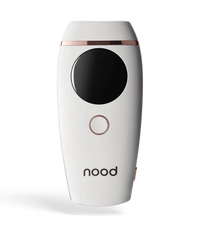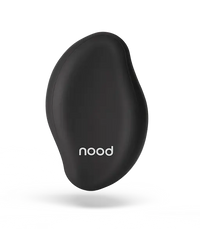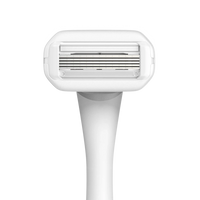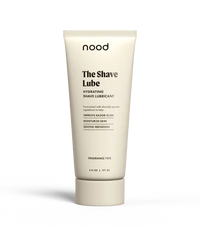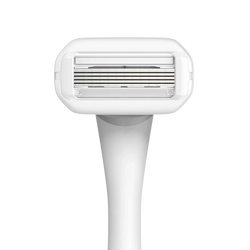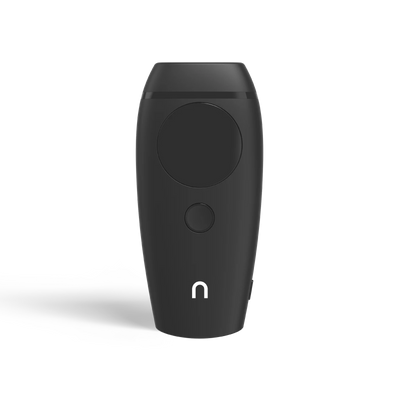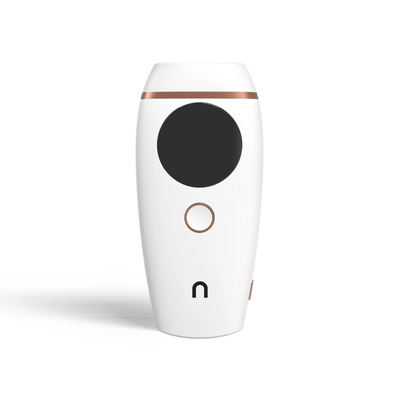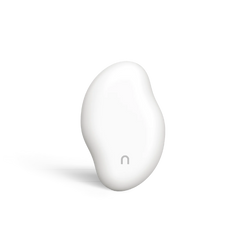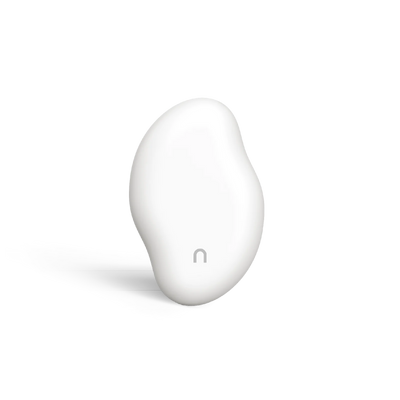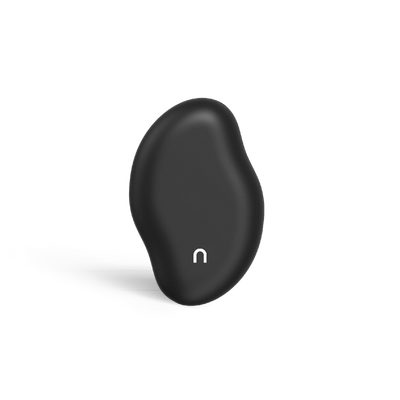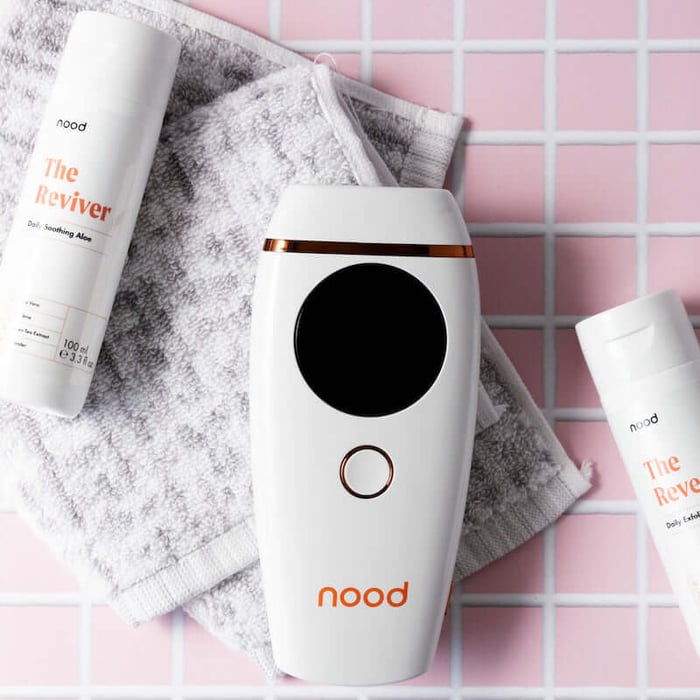
Laser Hair Removal Safety: Let’s Talk About the Cancer Myth
Laser hair removal is one of the most effective hair removal methods for anyone seeking permanent reduction in unwanted hair. If you haven’t joined the club just yet, the concept might sound a little bit wild at first.
Do you want laser beams zapping at your leg hairs? Should you be worried about a beam of light getting anywhere near your unmentionables?
Does laser hair removal cause cancer?
Let’s get serious for a sec. We trust the science. There is no credible evidence that laser hair removal causes cancer or increases your cancer risk. We’re talking about professional laser hair removal and at-home treatments here.
Laser hair removal is a safe, effective way to approach hair reduction. In fact, it comes with fewer side effects and is less painful than some of the other options out there.
Laser Hair Removal is Generally Safe
Is laser hair removal safe? Yes! Laser hair removal is a safe, effective way to tackle unwanted hair.
The type of energy used isn’t the same as what’s used in medical imaging, which is super high energy, or ultraviolet (UV) radiation, somewhere in the middle of the energy pack. You can get a dose of UV radiation from both the sun and tanning beds, but not laser hair removal. It’s not a mini light saber.
It’s important to know how laser hair removal works to understand why it’s safe. Laser hair removal devices use heated light energy to damage hair follicles during active growth cycles. They do this by targeting the melanin, or pigment, at the hair follicle.
Over time, the hair follicles in the treated area stop growing hair altogether, resulting in a permanent reduction of unwanted hair.
Is it sounding a little too close to science fiction?
The truth is, the technology behind laser hair removal has been around in some form since the 1960s. It took until the mid-1990s for things to really pick up steam as the FDA granted approvals for a commercially available laser hair removal device.
It’s come a long way since then, especially once intense pulsed light (IPL) joined the big dogs as an effective at-home alternative to professional laser hair treatment.
Some Side Effects Are Common
You’re more likely to experience side effects like ingrown hairs or swelling from other hair removal methods like plucking or waxing. That doesn’t mean it’s impossible to see any side effects post-laser treatment.
We’re just saying bad reactions are rare, and the more common side effects go away within a few hours. User error or using a device at a higher intensity and more often than recommended are 2 big reasons people see side effects at all.
What are the side effects of laser hair removal? The side effects of laser hair removal include skin irritation and redness.
If you’re getting a professional laser hair removal treatment, your dermatologist might recommend a topical cream before your session. You might want to ask for one anyway if you have sensitive skin or a history of irritation after cosmetic treatments.
A post-treatment gel like The Reviver can cool and soothe irritated skin if you experience any redness after an at-home session. Icing the area in 10-minute intervals can also help if you’re feeling a sunburn sensation.
Severe Side Effects Are Extremely Rare
The rate of bad side effects from laser hair removal is really low, and long-term side effects are very rare.
Does laser hair removal have long-term side effects? Laser hair removal does not have long-term side effects for the vast majority of people who use it.
- In rare cases, laser hair removal may cause:
- Blistering or crusting
- Scarring
- Changes in skin texture
- Folliculitis or skin rash
- An increase in hair growth, also known as paradoxical hypertrichosis
Studies show slightly higher incident rates for users with darker skin because of the shorter wavelengths used with those skin types. That’s why people with light skin tones and dark hair are the best candidates for laser hair removal. The lasers used in treatments love that contrast.
Does It Cause Cancer?
Again, there is no evidence that laser hair removal causes cancer, including melanomas. In fact, laser therapy has been used to treat pigmented skin lesions and other cosmetic concerns.
Does laser increase risk of skin cancer? There is no evidence that laser increases the risk of skin cancer. Even in rare cases of more severe side effects, there is no evidence that those kinds of side effects increase your cancer risk.
Laser hair removal uses non-ionizing radiation as its light source at the surface of your skin. This kind of lower-energy radiation has not been linked to cell damage, which is what can increase your cancer risk down the line.
High-energy ionizing radiation is more dangerous. This is the kind of energy used in X-rays or gamma rays, the rays used in nuclear power plants for nuclear energy.
Now, we’re not saying you should refuse that next X-ray you might need. This kind of radiation is a known carcinogen, but the FDA says your risk of developing cancer because of an X-ray here and there is very low.
You should still avoid unnecessary scans, though — just in case you were thinking about getting one for fun.
While We’re Here, Let’s Bust the Other Myths
There are quite a few misconceptions about laser hair removal beyond the cancer myth. Let’s get into 2 more big ones.
Laser Hair Removal Doesn’t Cause Infertility
Let’s say this one again for the folks in the back: Laser hair removal does not affect your fertility in any way. The lasers used during your treatment aren’t penetrating any of the organs responsible for baby-making. In fact, they’re not penetrating any organs.
The lasers don’t get beyond the surface of your skin, so it’s just not possible that they’d hit anywhere near your ovaries.
In men, laser therapy has actually been used to treat infertility. Apparently, low-level lasers can improve the speed of your swimmers. We do think you should leave those kinds of therapies to the professionals, though.
What About Treatment During Pregnancy?
We suggest checking with your primary care doctor before starting any laser hair removal treatment plan. There’s no evidence that laser treatments are harmful during pregnancy or while breastfeeding, but we like to be extra cautious when there’s a bun in the oven.
Key Takeaways
Laser hair removal is as close as you’re going to get to permanent hair removal. It’s also one of the safest methods of hair removal out there. It won’t give you cancer, no matter how many touch ups that bikini line needs.
Any side effects you may experience should go away within a few hours post-treatment, and more severe side effects are extremely rare.
Ready For Safe Hair Removal at Home?
IPL devices for hair removal at home are safe, just as effective, and less painful than in-salon laser treatments. You can get that smooth upper lip you want and deserve in the comfort of your own home.
At Nood, we made sure that our device was tested even on the most sensitive skin. All of our handsets also come with built-in sensors that prevent accidental flashes in between passes against your skin.
The Flasher 2.0 is safe for use anywhere unwanted hair grows. (Yup — even there.) If you don’t love it, every handset comes with a 90-day money-back guarantee. We have a feeling you’ll have a new best friend in your hair removal arsenal.
Sources
- Lasers and intense pulsed light (IPL) association with cancerous lesions
- Incidence of side effects after laser hair removal
- A review of the adverse effects of laser hair removal
- Lasers in dermatology--a critical update
- We Want You to Know About X-Rays: Get the Picture on Protection
- Effectiveness of low level laser therapy for treating male infertility
- Utilization of Laser Therapy During Pregnancy: A Systematic Review of the Maternal and Fetal Effects Reported From 1960 to 2017




